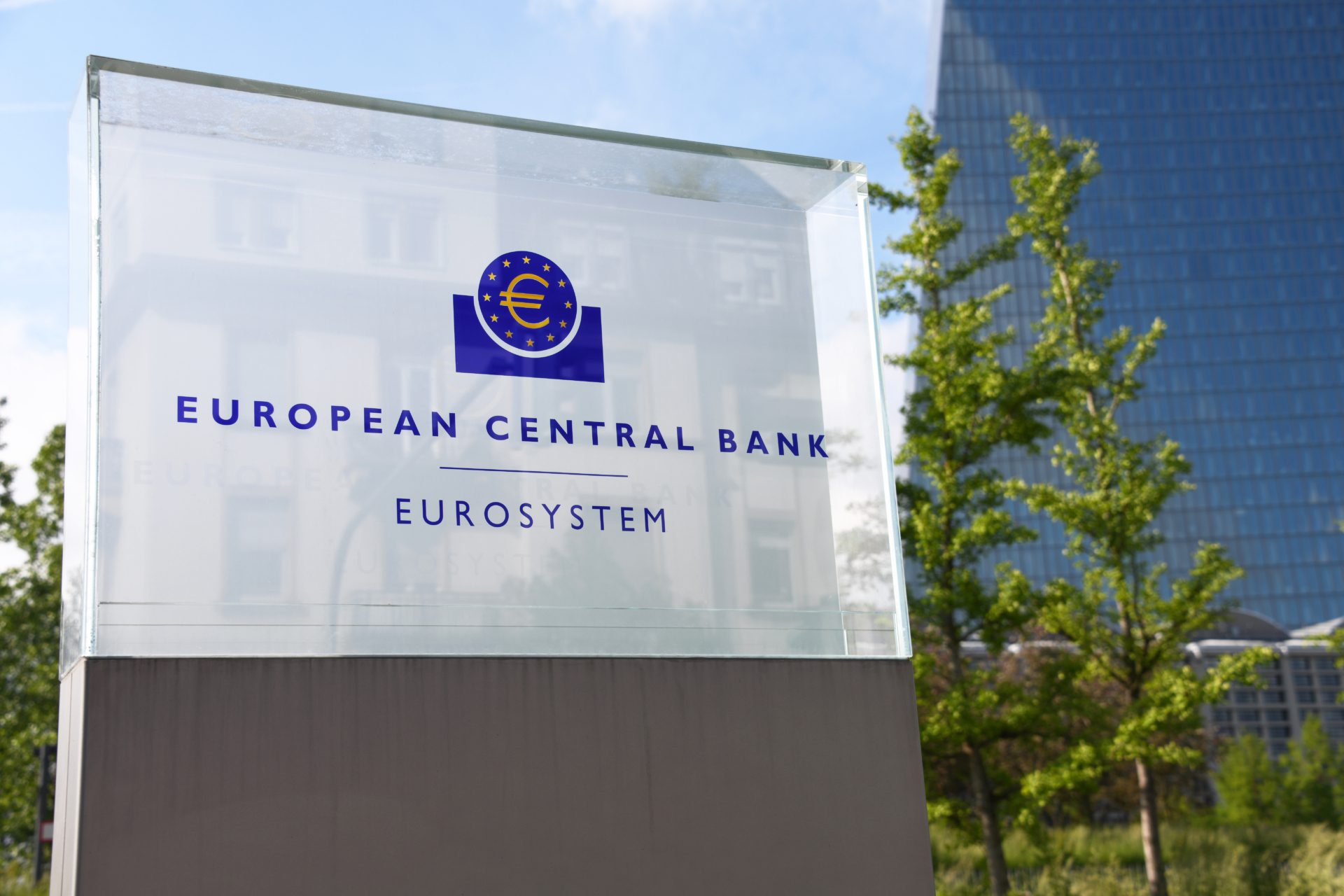
The European Central Bank (ECB) is reportedly committed to rolling out a digital euro version in 2029, provided a legal framework is ready in time. According to Bloomberg, the bank will continue with the next phase of preparation for the digital euro after this month.
Important consultations in Italy must provide direction
Since 2020, the ECB has been investigating a possible launch route of the digital euro and it started a preparatory phase at the end of 2023, which focuses on legal and practical questions in addition to technical aspects. The upcoming meeting in Italy is mentioned as a moment when the framework must be further shaped.
What is the digital euro?
A digital euro is a form of digital money issued by the European Central Bank (ECB). So it is not a cryptocurrency, but a central bank currency in digital form – comparable to cash, but on your phone or digital wallet.
The idea is that you will soon be able to use digital money from the ECB directly to pay, without the intervention of a commercial bank. This means that there will always be a secure payment option guaranteed by the government, even in an increasingly digital economy.
According to board member Piero Cipolloni, the launch is in sight “mid-2029”, with the expectation that the European Parliament will agree on legislation by May 2026. The digital euro would give all Europeans access to a free, widely accepted digital payment option, even in the event of major disruptions such as war or cyber attacks.
However, the model for the new central bank digital currency (CBDC) is encountering great reluctance. Banks, various member states and users question the privacy effects and possible risks. The legislation, which has been pending in the European Parliament since 2023, has been subject to delays due to political divisions and the 2024 elections.
49 countries are testing digital currencies
CBDCs have already been launched worldwide, but the number remains limited for the time being. According to the Atlantic Council, only Nigeria, the Bahamas and Jamaica are operational with a digital central currency.
At the same time, some 49 countries are testing their own CBDC in pilot form to determine whether benefits such as faster payments and better accessibility of payment transactions outweigh the risks for supervision and privacy.
The digital euro seems increasingly closer, but the question remains whether the legislation will be ready in time and whether banks and users will embrace the initiative. Only then can Europe really take the step towards a new era of digital money in 2029.
Source: https://newsbit.nl/ecb-wil-digitale-euro-in-2029-uitbrengen-maar-twijfels-blijven/

